can you touch newborn kittens with gloves
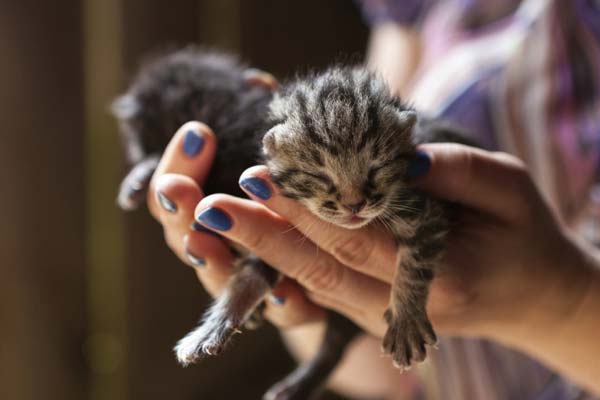 What's the Best Way To Handle Newborn Kittens? | Traveling With Your Cat
What's the Best Way To Handle Newborn Kittens? | Traveling With Your CatWhat is the best way to handle newborn kittens? Can you play newborn kittens? The Human Society of the United States defines the first 18 months of a cat's life, and the last 12 months are analogous to a human's teenage years. Those 18 months are crucial to the physical, mental and social development of a cat. If everything goes well, the kitten will grow in a confident and friendly cat. What are the stages in the development of a kitten? The development of a kitten has several stages, and each stage is accompanied by certain physical or behavioral milestones. For example, the first two weeks of a kitten's life are sometimes called the neonatal stage. The kitten is totally defenseless; he is blind, deaf, and can barely move. The mother cat will spend most of its time feeding and caring otherwise. During those first two weeks, the senses of the kitten will begin to develop. For example, your eyes will open at some point during the second week. The second to seventh weeks cover the socialization window, the first time to get used to kittens to humans and new experiences. The senses of the kitten continue to develop and gradually dominate physical abilities such as walking, running, jumping, and acicalar. Most kittens start eating solid foods around the sixth week. From the seventh to fourteen weeks, kittens are the most playful. The game helps a kitten to be stronger and more agile, and helps them develop their social skills. Kittens also learn various behaviors from their mother and each other. Kittens can be adopted after 12 weeks. Can you play newborn kittens? Yeah, but you have to be very careful. Newborn kittens weigh only a few ounces and are extremely fragile. Therefore, you need to be very kind. The writer advises to consider the reactions of the mother cat. If she just gave birth, she's going to be extremely protective of her kittens and won't allow anyone to come near them. It's better to wait for at least a couple of hours before approaching the mother cat and her bed. If the mother's cat is fixing her kittens and it's not yours in your approach, that means she may be willing to let you handle them. Newborn kittens do not have strong immune systems. Therefore, you must wash your hands before you touch them. If you have small children and/or other pets, you can even consider wearing gloves to protect kittens from any germ you may have collected from children or other animals. Catch the kittens before trying to pick them up. Kittens have some sense of smell, so let it smell your hand to know your smell. If the mother settles, leave the kittens. Keep coming back so she and her kittens get used to you. Once the mother cat accepts you, you can start handling the kittens. Spend at least 30 minutes a day with the cat's family to learn to trust you. How do you collect a newborn kitten? Once the mother accepts you, touch the kittens to see if anyone feels cold or thin. If he does, he needs to take them to a vet. Just pick up a kitten that seems willing. If it turns or tries to get away, leave it and try your luck with a littermato. Sit down before you pick up a kitten. If you let him go, he'll have a shorter distance to fall. There are actually several different ways to collect a newborn kitten, but the main rule for all is to support the kitten. Cats of any age usually don't like to be soaked while holding up, and you can hurt a kitten if you don't hold it properly. The veterinarian Dr. Robert Sidorsky made a video for eHow in which he describes how to maintain a newborn kitten. Kittens of that age are typically small enough to fit into the palm of the hand. So you slip your hand under the kitten so you're supporting the four legs. Keep your hand still for a few minutes so the kitten gets used to it. Don't force her to stay if she wants to leave. What is the scruzation? According to the writer for the , the scruff is the loose skin at the back of the cat's neck. Mother's cats will pick up their kittens by the scruff when they move them to a new nest. The kitten will relax immediately when your mother collects them this way. Escruffing is therefore collecting a kitten or cat for the scruple of your neck. Veterinarians sometimes choose a recalcitrant feline to get control over it so they can examine it or administer medications. Dr. Sidorsky calls to analyze a "restrictive technique" and does not recommend using it for normal handling. What if kittens seem to be abandoned? The first step is to make sure they're really abandoned. Mom could have left them to go hunting or take a bath. He may also have fled from a human or animal stranger, and he will not return if you are too close to his bed. Valerie Sicignano, a writer for the , recommends keeping a distance of at least 35 feet of kittens while watching for the mother cat. If you can't stay, consider whether kittens are in immediate danger. For example, is it snowing or raining? Are there animals or people in the area that could hurt them? Newborn kittens are more vulnerable to hypothermia than to starvation; the first will kill them much faster. So, if the weather is cold, bring them in. You should also check the condition of kittens. If they're clean and look healthy, their mother's been taking care of them. If time is decent and there are no immediate threats, leave the kittens where they are. Watch them to see if their mother returns. A trick worth trying is to put a saw ring or similar material around the kittens. Check footprints next time you visit the liter. If you find a single kitten, I probably need your help. Take him home and call the vet. What is hypothermia? Hypothermia is a life-threatening condition in which the body loses heat faster than it can produce heat. Therefore, it causes abnormally low body temperature. He describes it as a major cause of death in newborn kittens. Neonatal kittens are essentially cold-blooded: Their bodies cannot regulate their own temperature until they are about a month old. They are much more vulnerable to temperature ends than older kittens or adult cats. If a kitten develops hypothermia, your body begins to shut down, so they cannot metabolize food or medication. Feeding a kitten with hypothermia is thus worse than useless; you need to heat it first. Touch the ears of the kitten and/or pads. If you feel cold, the kitten is cold. Check the hypothermia by feeling inside the pussy's mouth. If that feels cold, the body temperature of the kitten has become dangerously low. The body temperature of a kitten should be between 100° and 102°F. Wrap the kitten in a towel or blanket for babies and put it in a heating pad, hot water bottle or some other heat source. Keeping the kitten against your own body helps only a little, as the normal body temperature of a human is lower than that of a cat. After the kitten has stabilized, take them to a veterinarian. You will have to check if there is any permanent damage and determine if the kitten needs more treatment. When should you take a newborn kitten to the vet? If it's a case that you find an abandoned kitten or a liter of kittens, you have to take them to the vet as soon as possible. On the other hand, if you own your mother, Franny Syufy, writer of the "Pets" section of the website of the pucea, advises to take the entire family to the veterinarian for a .During the visit, the veterinarian will seek common problems such as several parasitic infestations, higher respiratory diseases or birth defects. Kitten Fading syndrome (FKS) is a condition of this type. The affected kitten will be lethargic, lack of appetite and sleep more than its littermatoes. The veterinarian will also check the mother cat for any possible problems. Examples of conditions that can affect mother cats include an infection of the breast glands called mastitis and uterus infection called endometritis. When should a kitten be vaccinated? One of the many advantages that a kitten enjoys for his mother is the protection against the disease. According to Jenna Stregowski, a veterinary technician writing for, a mother cat's milk contains antibodies that temporarily make the kitten immune to the disease. That immunity fades, however, as the kitten gets weaned and stops sucking. Therefore, a veterinarian will begin to administer vaccines when the kitten is between six and eight weeks. They will also discuss the vaccination schedule they recommend. Some vaccines, such as rabies vaccine, are mandatory. Others are recommended depending on where the kitten lives and the risk of exposure to a particular disease. Leave a comment Your email address will not be published. Required fields are marked with *Message Name *Email Address *Website Save my name, email and website in this browser for the next time you comment. This site is a participant in the Amazon Services LLC Associates Program, an affiliate advertising program designed to provide a means for sites to obtain advertising fees for advertising and links to Amazon.com. They compensate us for sending traffic and business to Amazon and other companies linked to this site.

How to Move Newborn Kittens: 8 Steps (with Pictures) - wikiHow

When Can You Handle Newborn Kittens? | LoveToKnow

3 Ways to Hold Newborn Kittens - wikiHow
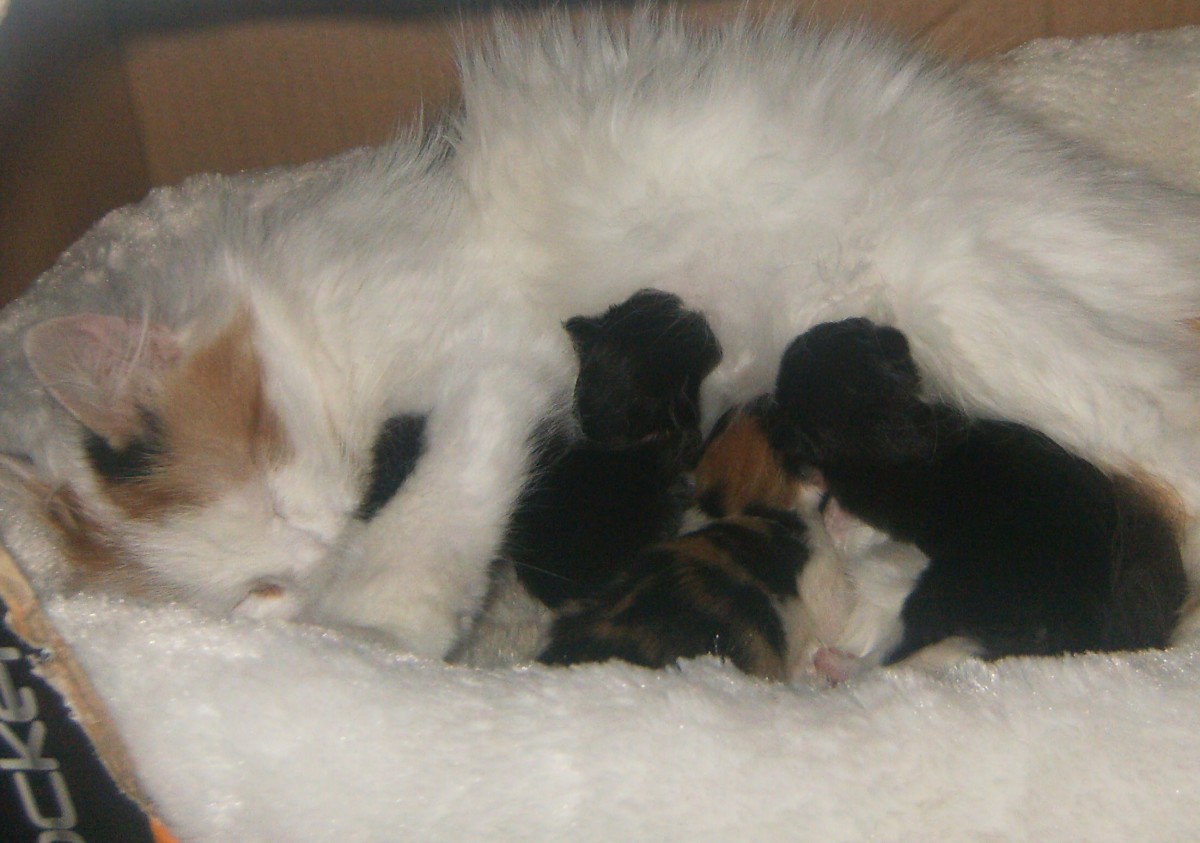
Newborn Kittens: What You Need to Know - PetHelpful - By fellow animal lovers and experts

3 Ways to Hold Newborn Kittens - wikiHow

Newborn Kittens: What You Need to Know - PetHelpful - By fellow animal lovers and experts

Kitten Care : How Soon Can I Hold a Newborn Kitten? - YouTube

3 Ways to Hold Newborn Kittens - wikiHow

When Can You Handle Newborn Kittens? | LoveToKnow

Newborn Kittens: What You Need to Know - PetHelpful - By fellow animal lovers and experts

Can You Touch Newborn Kittens?

3 Ways to Hold Newborn Kittens - wikiHow
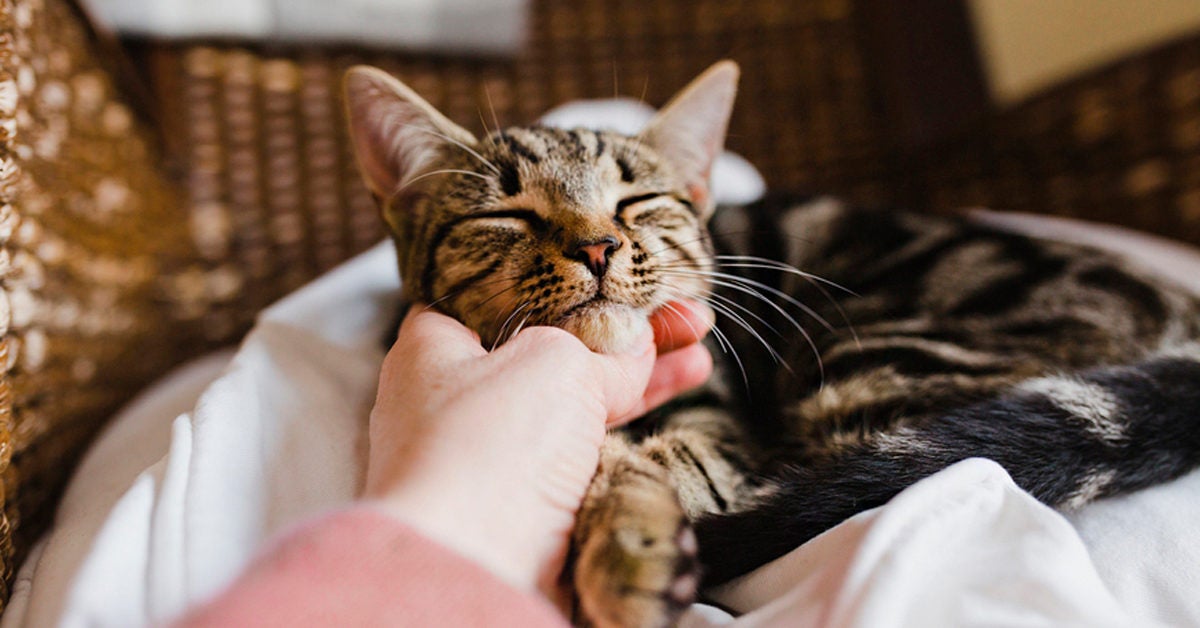
Cats and Babies: Safety and Establishing Harmony

Newborn Kittens: What You Need to Know - PetHelpful - By fellow animal lovers and experts

How to Monitor Newborn Kitten Growth: 12 Steps (with Pictures)

My Cat Had Kittens Can I Move Them? Ultimate Guide - Fluffy Kitty
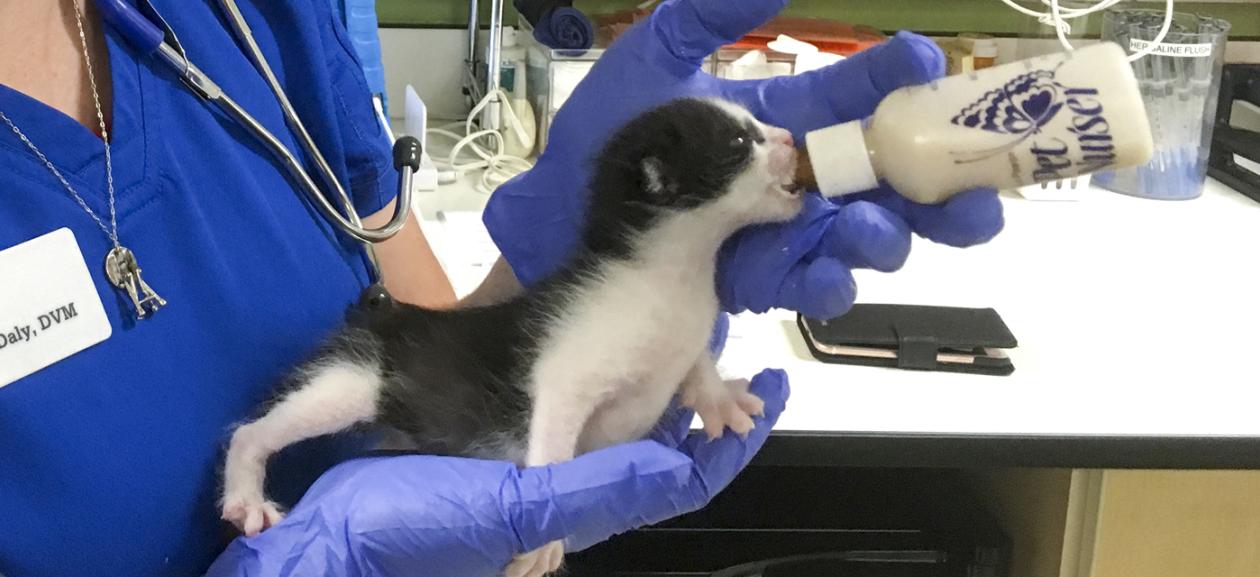
Caring for Newborn Kittens Without a Mother | DoveLewis

Can You Touch Newborn Puppies? - All you Need to Know

What's the Best Way To Handle Newborn Kittens? | Traveling With Your Cat

When Is It Safe to Touch Newborn Kittens?

My Cat Had Kittens Can I Move Them? Ultimate Guide - Fluffy Kitty

Coronovirus: How to STOP touching your face | Daily Mail Online

Newborn Kittens: What You Need to Know - PetHelpful - By fellow animal lovers and experts

How to Socialize a Cat Instructions | Best Friends Animal Society

How to Pick Up a Kitten (with Pictures) - wikiHow Pet

Newborn Kittens: What You Need to Know - PetHelpful - By fellow animal lovers and experts

Orphaned Newborn Puppy Care | Best Friends Animal Society
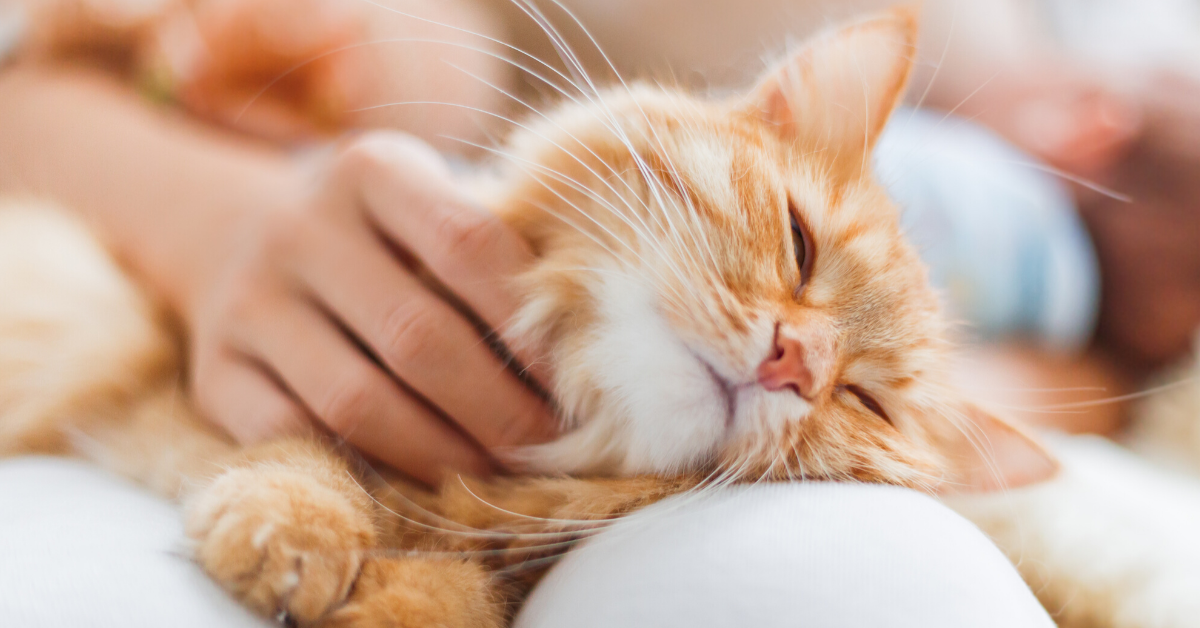
5 Ways to Say I Love You to Your Cat | Kristen Levine Pet Living
I touched a newborn kitten not knowing the dangers to them, what should I do to ensure that they will be ok and live? - Quora

Cat Labour and Giving Birth | Purina

How to Move Newborn Kittens: 8 Steps (with Pictures) - wikiHow

What You Don't Know About Cats and Newborns Living Together | Fresh Mommy Blog

My Cat Had Kittens Can I Move Them? Ultimate Guide - Fluffy Kitty

Reasons Why Kittens Scratch and Bite and How to Stop It

Can You Touch Newborn Puppies? - All you Need to Know

Kitten Fostering | Best Friends Animal Society

Is it safe for a pregnant woman to have a cat? – Union Lake Veterinary Hospital
I touched a newborn kitten not knowing the dangers to them, what should I do to ensure that they will be ok and live? - Quora

My Cat Had Kittens Can I Move Them? Ultimate Guide - Fluffy Kitty

What to Know About the Birth of Kittens | Country Vet Clinic
Posting Komentar untuk "can you touch newborn kittens with gloves"